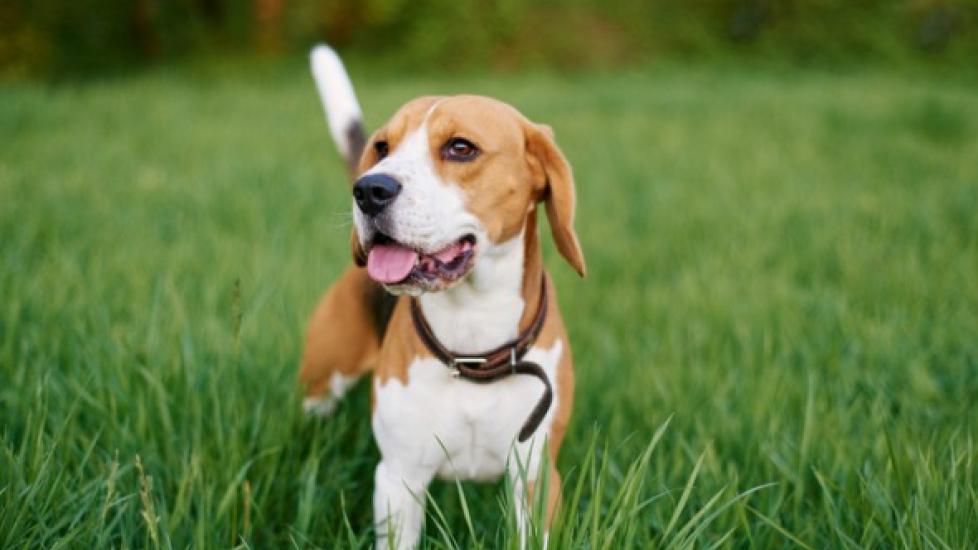The sight of a dog munching on grass is one that many pet owners have encountered at some point. It’s a behavior that can be puzzling, as dogs don’t typically consume plant matter in their diet. But why do they eat grass? The reasons behind this common behavior are not entirely clear and may vary from dog to dog. However, there are several theories that attempt to explain the phenomenon:
-
Nutritional Deficiencies: Some believe that dogs might eat grass because they lack certain vitamins or minerals in their regular food. Grasses often contain these nutrients, which could supplement what’s missing from their diets.
-
Gastrointestinal Distress: Another theory suggests that dogs eat grass to induce vomiting when they feel nauseous. This behavior could be an instinctive way for them to rid themselves of something upsetting their stomach.
-
Stomach Upset Prevention: In contrast, some experts think that dogs eat grass before they feel sick as a preventative measure against an upset stomach. The roughage might help move things along in their digestive system if it’s not working properly.
-
Forced Grooming: Dogs groom each other by biting and chewing on fur. Perhaps eating grass is just another form of grooming—a self-administered oral hygiene check.
-
Curiosity or Boredom: Like humans who sometimes nibble on random objects out of curiosity or boredom, dogs too might explore different tastes simply due to being curious about their environment.
-
Instinctual Behavior: There’s also the possibility that this behavior has its roots deep within a dog’s instincts; after all, wolves (the ancestors of domestic dogs) would scavenge through vegetation looking for small animals hiding among plants.
Whatever the reason(s) may be, it’s important to monitor your dog closely after he or she eats grass. If you notice signs of distress such as excessive drooling, weakness, or repeated attempts at regurgitation following consumption of grasses then consult with your veterinarian immediately since more serious issues could potentially exist beneath this seemingly innocent habit.
In terms of preventing your pup from indulging in lawn snacks without causing harm – try providing additional dietary variety including fresh vegetables alongside high-quality commercial foods designed specifically towards meeting nutritional needs specific breeds/ages etc. Additionally consider investing time daily into interactive play sessions both indoors & outdoors thereby reducing chances boredom-induced grazing occurs frequently over long periods during day where little stimulation provided otherwise naturally occurring stimuli present outside homes setting especially ones richly landscaped environments where variety abundant available always right around corner waiting discovery!
